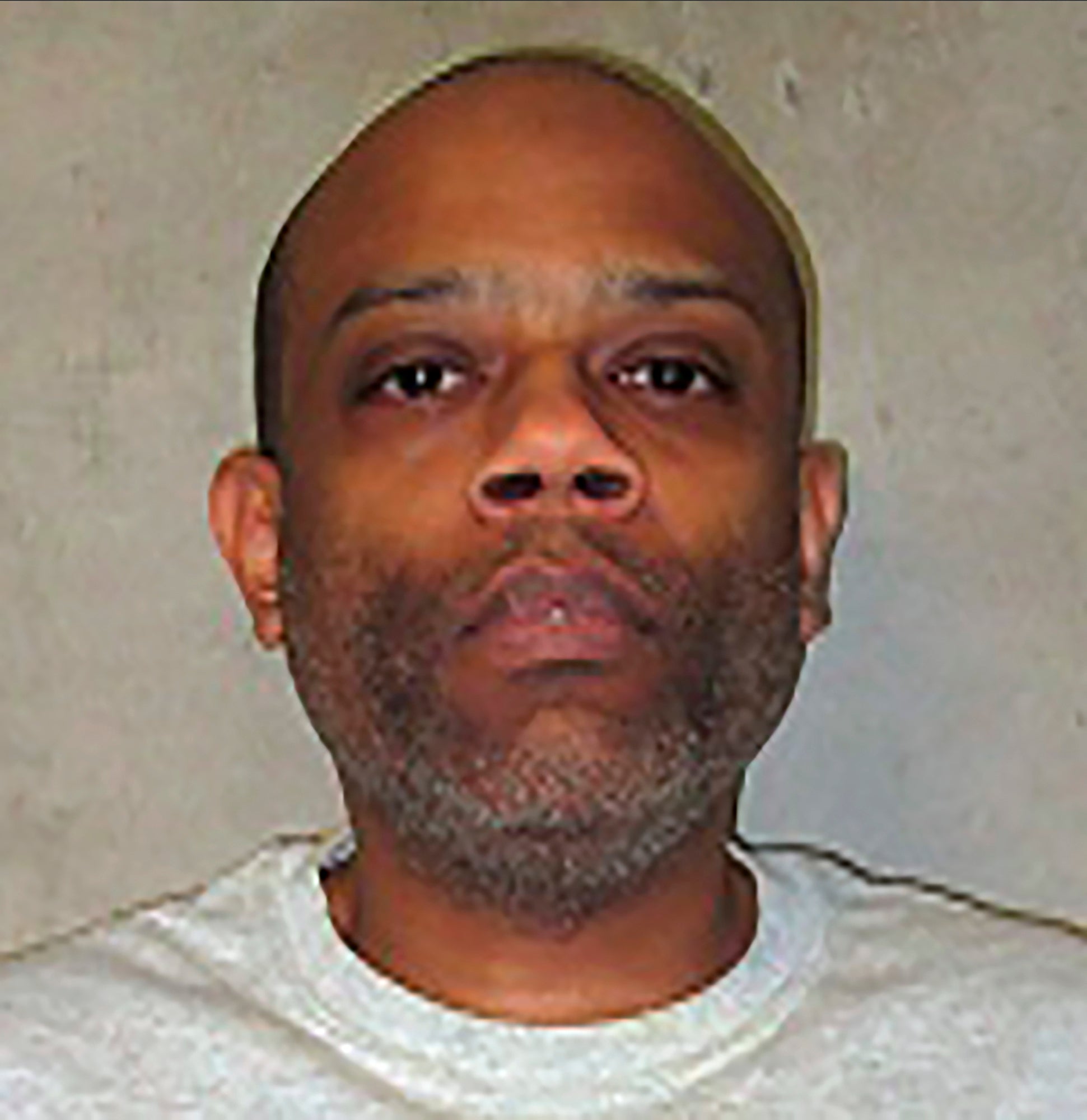Federal judge declines to halt upcoming Oklahoma executions
A federal judge has declined to temporarily halt the executions of two Oklahoma inmates who are scheduled to die in the coming weeks

Your support helps us to tell the story
From reproductive rights to climate change to Big Tech, The Independent is on the ground when the story is developing. Whether it's investigating the financials of Elon Musk's pro-Trump PAC or producing our latest documentary, 'The A Word', which shines a light on the American women fighting for reproductive rights, we know how important it is to parse out the facts from the messaging.
At such a critical moment in US history, we need reporters on the ground. Your donation allows us to keep sending journalists to speak to both sides of the story.
The Independent is trusted by Americans across the entire political spectrum. And unlike many other quality news outlets, we choose not to lock Americans out of our reporting and analysis with paywalls. We believe quality journalism should be available to everyone, paid for by those who can afford it.
Your support makes all the difference.A federal judge on Friday declined to temporarily halt the executions of two Oklahoma inmates who are scheduled to die in the coming weeks.
In his order, U.S. District Judge Stephen Friot wrote that inmates Donald Grant and Gilbert Postelle were not likely to succeed in their claims that Oklahoma’s three-drug lethal injection method presents the risk of subjecting them to severe pain and suffering.
Friot oversaw a hearing on Monday that included testimony from several doctors and witnesses to the October execution of John Grant who is not related to Donald Grant and who vomited and convulsed on the gurney after being injected with midazolam, a sedative that is the first of Oklahoma's three-drug method.
Friot, who also heard testimony from the prison official who oversaw John Grant's execution, said the inmate's consumption of significant quantities of soda and potato chips until shortly before his execution likely led to the problems.
“The result of that for Grant was that, soon after the first drug was pushed into the IV line, and as he lay unconscious, restrained in a supine position on the gurney, Grant’s gastric contents flowed toward his head and out of his mouth," Friot wrote. “Combined with that was the fact that — also because he was unconscious and lying supine — Grant’s airway was obstructed by his tongue, causing him to noticeably struggle to breathe while, at essentially the same time, regurgitating.
“The important point here is that all of this occurred while Grant was unconscious and insensate to pain as a result of the administration of a massive dose of midazolam."
Friot also determined that Donald Grant and Postelle selected an alternative method of execution, firing squad, too late to be included in a separate lawsuit challenging Oklahoma’s lethal injection method as unconstitutional. A hearing in that case, in which more than two dozen death row inmates are challenging the state's three-drug method, is scheduled to begin next month. Friot, who was appointed to the bench by President George W. Bush, required all the plaintiffs in that case to select an alternative method of execution.
One of Donald Grant's federal public defenders, Emma Rolls, declined to comment on the judge's ruling but filed a notice of appeal to the U.S. Court of Appeals for the 10th Circuit.
Donald Grant, 45, is scheduled to die on Jan. 27 for the killings of two Del City hotel workers during a 2001 robbery. Postelle, whose execution is set for Feb. 17, received the death penalty for his role in the Memorial Day 2005 shooting deaths of four people at a home in southeast Oklahoma City